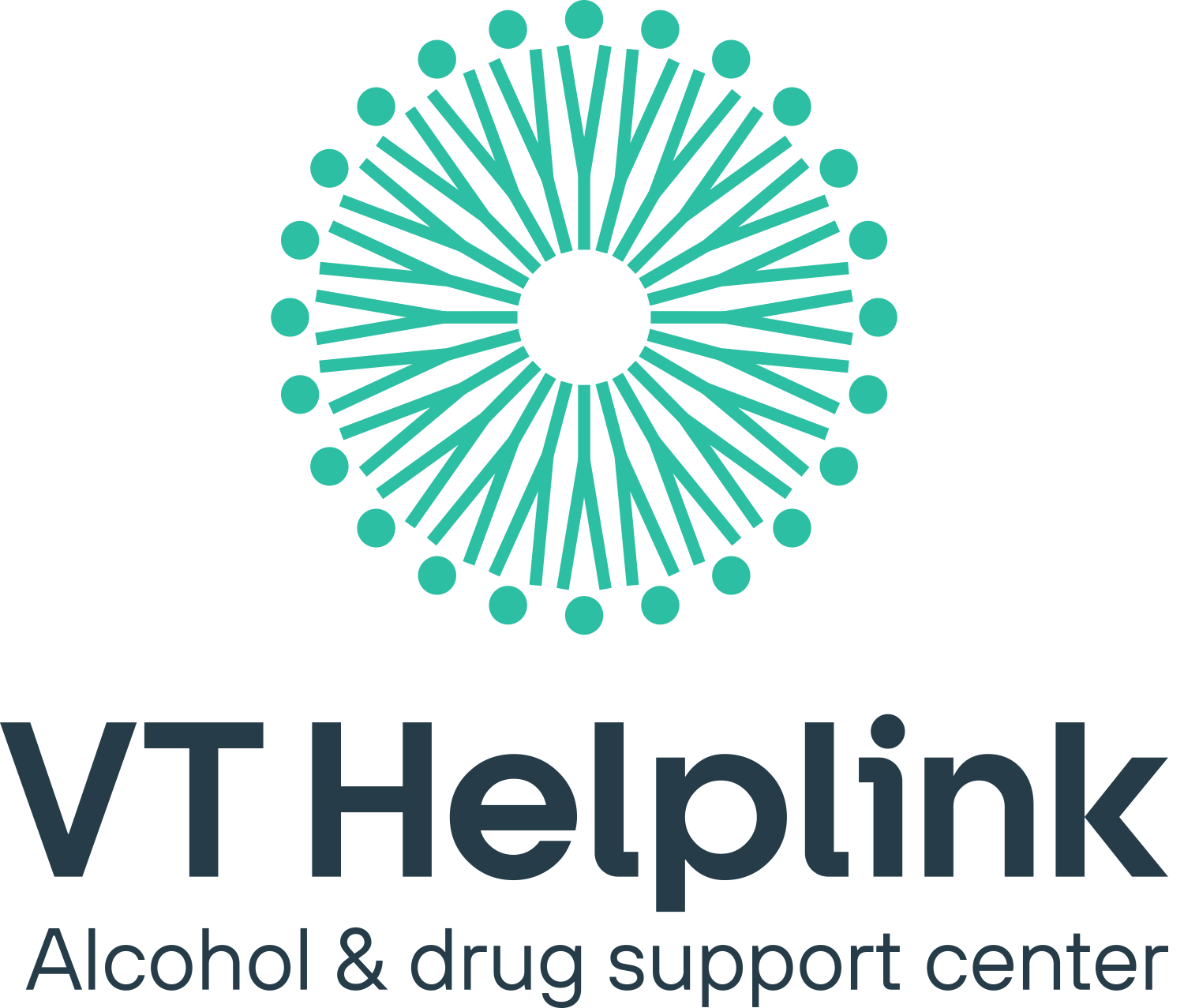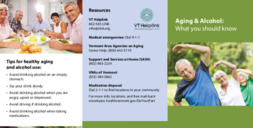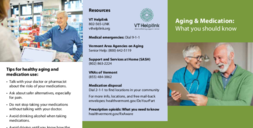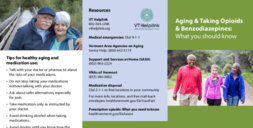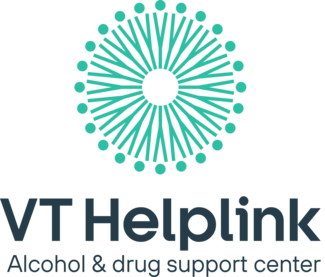If you are experiencing a medical emergency, call 9-1-1 immediately.
Aging and Substance Use
As we age, changes in the body such as lower water content, less-efficient metabolism and excretion and increased brain sensitivity may cause alcohol and other drugs to have a stronger effect.
Learn how substances impact you as you age
Tips for healthy aging
Talk with your doctor
- Ask about risks of using substances with your medication.
- Use your medication only as directed and do not stop without talking with your doctor.
- Ask about alternatives, especially for pain.
Limit your use of alcohol and cannabis
- If you are going to drink alcohol or use cannabis, go slow until you know how it will affect you.
- Do not drink alcohol or use cannabis and drive.

